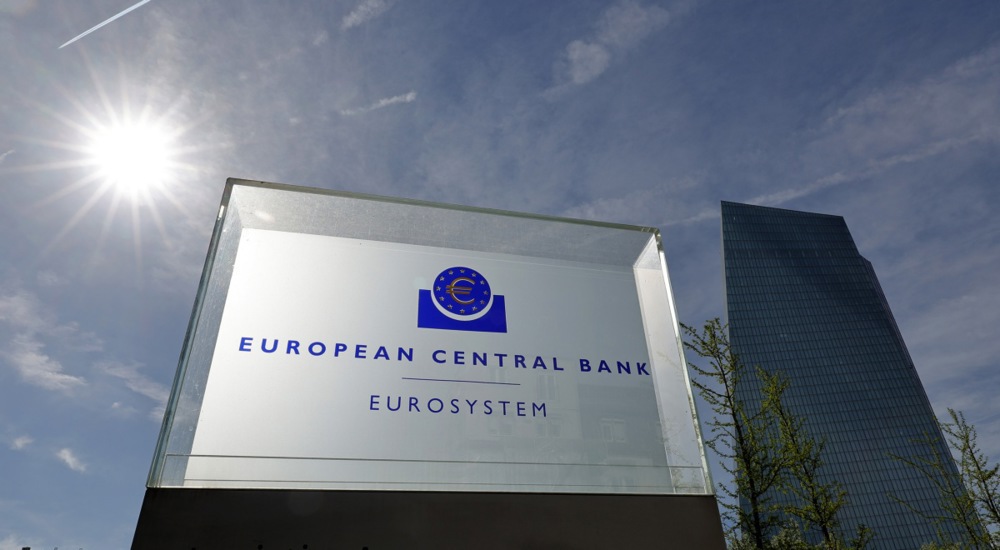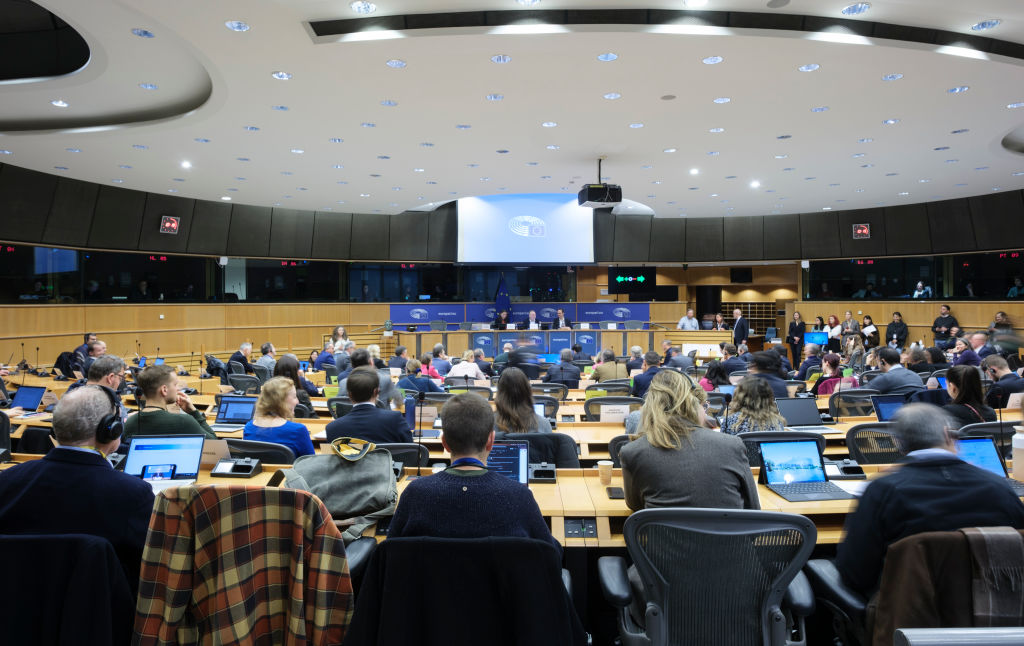Labour costs in the European Union have continued a steady climb, adding pressure to an economy already grappling with sluggish growth and global uncertainty.
But beyond rising wages, deeper structural pressures — deindustrialisation and skills shortages — have further weighed on Europe’s economic prospects.
Hourly labour costs – an important indicator for monitoring inflation risks – in the EU have increased, a development that appeared to be accelerating in the final quarter of 2024, according to a new report from Eurostat, the EU office for statistics.
While wages and salaries have edged upward alongside softer non-wage expenses, these shifts occurred against a backdrop of longstanding economic hurdles. European policymakers’ answer to these challenges has been illustrated by the Competitiveness Compass and Clean Industrial Deal, among others.
The European Central Bank (ECB) has warned that if wage growth was not underpinned by efficiency improvements, it could trigger a slowdown in demand and investment, thereby hindering the overall economic recovery of the EU.
At the same time, earlier in March the ECB revised its growth forecasts downwards for the eurozone for the fourth consecutive quarter. That reflected an array of headwinds — from weakened consumer spending and global trade tensions to persistent geopolitical uncertainties.
In a press release, the central bank further noted that the subdued export performance and a lacklustre investment climate, driven by pervasive uncertainty around trade policies and broader political risks, required these revisions.
There remains cautious optimism that as real wages edge up and the dampening effects of previous rate hikes wane, demand might yet rebound, said the ECB.
Adding another layer to this intricate economic tapestry was the looming challenge of skills shortages.
To remain competitive on the world stage, the EU needed a well-equipped, highly-skilled workforce. “Four in five businesses struggle to find the workers they need with the right skill set,” Roxana Mînzatu, the European Commission Executive Vice-President for Social Rights and Skills, Quality Jobs and Preparedness, told the European Parliament in Strasbourg recently.
She cited shortages in more than 40 occupations across critical sectors including construction, transport and certain healthcare professions.
For instance, the marked increase in non-wage costs in mining and quarrying suggested companies were strategically boosting training and benefits to attract the scarce skills they needed.





